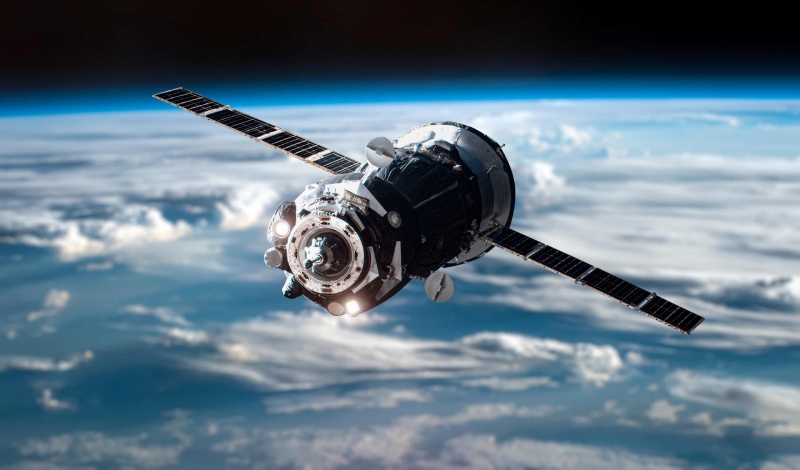From NASA – SPACE & DEFENSE US got $75.6 billion boost for economy

NASA’s initiatives, including its ambitious Moon to Mars exploration strategy, are propelling scientific and technological advancements while significantly boosting economic growth across the United States, as outlined in a recent announcement from the agency. According to NASA’s third agency-wide economic impact report, their various projects—including lunar and Martian missions, climate research, and pioneering technology development—generated over $75.6 billion in economic output in the 2023 fiscal year alone.
“An investment in NASA is an investment in American ingenuity, workers, innovation, and the broader economy,” remarked NASA Administrator Bill Nelson. “Our work extends beyond cosmic discovery; it’s a catalyst for economic expansion, inspires the Artemis Generation, and enhances everyday life on Earth.” Altogether, NASA’s diverse mission portfolio supported 304,803 jobs across the country, creating an estimated $9.5 billion in federal, state, and local tax revenue.
Breaking down the report, NASA’s Moon to Mars program alone accounted for over $23.8 billion in economic activity, contributing to 96,479 jobs nationwide. Additionally, investments in climate research and technology development produced $7.9 billion in economic impact, supporting approximately 32,900 U.S. jobs. This significant economic footprint demonstrates NASA’s role in national economic competitiveness and innovation.
NASA’s spinoff technologies, which include public products and processes derived from NASA’s expertise, funding, and resources, extend benefits well beyond financial figures and job creation. In fiscal year 2023, NASA’s technology transfer activities led to 1,564 new technology reports, 40 patent applications, 69 newly issued patents, and established 5,277 software usage agreements, further fueling innovation.
Moreover, scientific research and development—a key driver of breakthrough advancements in both science and technology—is the single largest sector impacted by NASA’s work, comprising 19% of the agency’s overall economic influence. Conducted by the Nathalie P. Voorhees Center for Neighborhood and Community Improvement at the University of Illinois at Chicago, this study highlights how NASA’s efforts are driving technological progress, enriching scientific knowledge, and supporting economic resilience across multiple sectors in the U.S.


